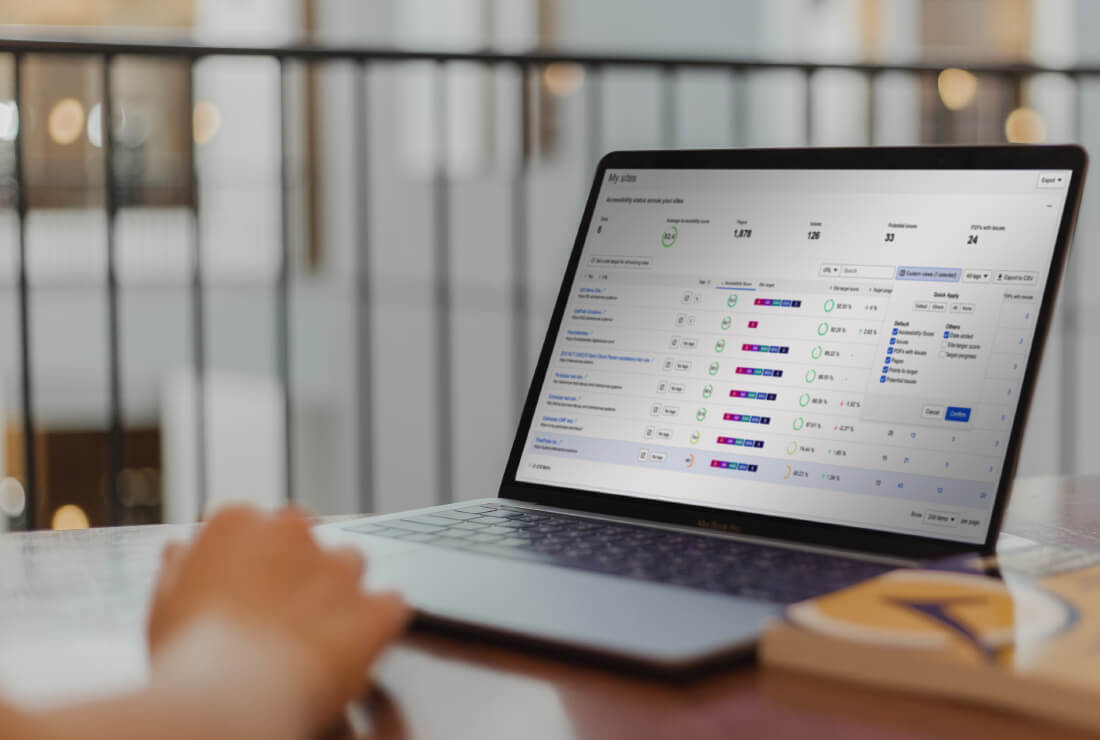Final Accessibility Ruling From the Department of Justice (DOJ)
The DOJ has issued a ruling requiring public and private entities to make their websites accessible to individuals with disabilities, including those with vision, hearing, and mobility impairments. This ruling strengthens the enforcement of the Americans with Disabilities Act (ADA) by providing clear compliance guidelines, with an implementation deadline set for April 24, 2026.
How Does This Apply to Me?
This rule will require Web Content Accessibility Guidelines (WCAG) 2.1 to be applied to all UC San Diego sites to ensure that digital content is accessible to all users, including those with disabilities. These standards may apply to you in several ways, depending on your role or responsibilities within the University of California system.
What Do I Need to Do?
Take the SiteImprove trainings and keep up to date with any new guidelines, tools, or training materials that UC San Diego provides. SiteImprove provides different training paths for different web specialties.
UC Accessibility Policies and Standards
UC Policy
By supporting IT accessibility, the University of California is committed to ensuring a broad population is able to access, benefit from, and contribute to its electronic programs and services.
UC San Diego Accessibility Standards
UC San Diego is committed to ensuring equal access to all digital content. As part of this commitment, we adhere to the Web Content Accessibility Guidelines (WCAG) 2.1 standards and the UC Accessibility Policy to ensure our digital content is accessible.

Learning is the first step
Understanding accessibility is the essential first step in creating a website that accommodates all users. By learning the principles of accessible design, you can ensure your digital content is both compliant with legal standards and usable for a broad audience, enhancing inclusivity and user satisfaction.
Accessibility Is Easier With Help
Checklists
These accessibility checklists will help ensure that you don't overlook important design elements.
Tools
Third-party accessibility tools can help assure your site complies with essential guidelines.
Resources
Learn about the legal and procedural web accessibility guidelines through these resources.
Report a Digital Accessibility Concern
UC San Diego is committed to making strides toward accessibility for everyone. Digital content might include websites, videos, course material, email, and more.


